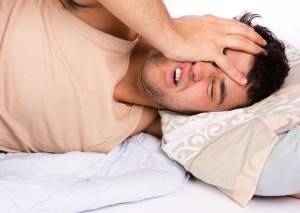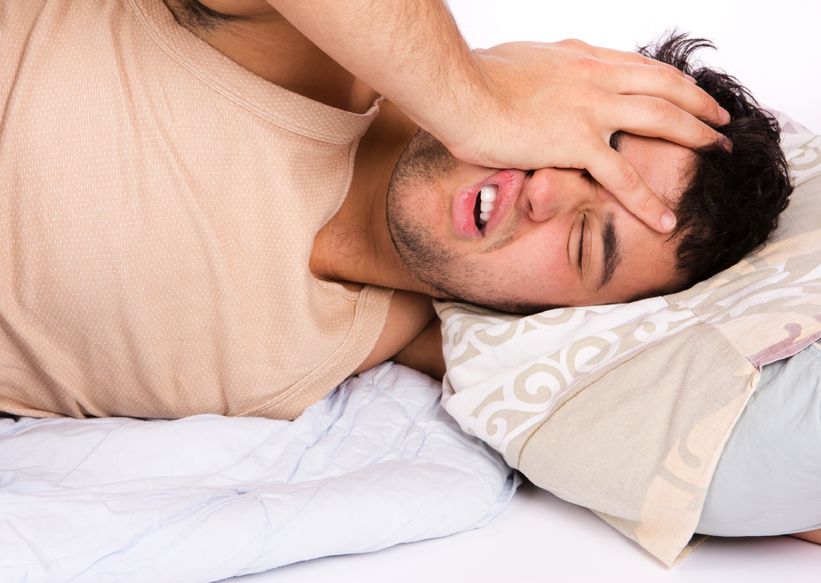As vital as sleep is to our health, it can be difficult to achieve to the quality we need. When we don’t get enough sleep our bodies fail to perform at optimum levels. Whether it’s having trouble falling asleep, staying asleep or waking up too early, we ourselves may contribute to the problem without knowing it. With chronic insomnia there is always a lot to the story, which is why over-the-counter medications and prescriptions may not always solve your problems. Here are a few of the most common contributing factors to insomnia, and what we can do about them:
Rushing Out the Door in Morning. Breakfast remains the most important meal of the day no matter how busy you are. Eating regular meals helps to regulate our body’s daily hormonal rhythms. Skipping meals disrupts this rhythm and can cause a change in our sleep pattern. Skipping breakfast specifically, can change our “rest and digest” responses (the autonomic nervous system), and it pushes us to eat closer to bedtime, which can but stress on your sleep.
Stress At Night. Stress can increase the levels of cortisol (the stress hormone) and adrenaline in our bodies. Things such as, watching the news, discussing work, working on the computer or discussing finances, should be avoided before bed. Save all that excitement for the morning, it’ll increase your alertness. Soothing activities before bed, such as meditation, a book, or a warm bath can go a long way in calming you for bedtime.
Unhealthy Food Choices. Out diet doesn’t just affect the way we look and feel, it also affects the way we sleep. Our bodies use amino acids, vitamins, and minerals to create the calming neurotransmitters that allow us to sleep. When our diet lacks variety, or contains a lot of processed foods, we miss out on some of those beneficial nutrients. By eating healthy (think fruits, vegetables, whole grains, quality meats, etc.), we give our bodies the best chance of putting us to sleep naturally.
Lack Of A Regular Sleep Schedule. It is important to stay consistent with you sleep schedule, even on the weekends. Our natural rhythms and hormones don’t recognize Saturday as a off day, don’t confuse your system.
Alcohol Intake. Having a drink can bring on a relaxed feeling, maybe even make us feel sleep, but alcohol can cause us to wake up later in the night. This effect is likely because breaking down alcohol makes it tough for our livers to balance our blood sugar. If we binge, or chronically exceed the recommended drink amounts, it can conversely cause us to sleep longer and throw our schedules off that way. If you have a chronic sleeping problem, you should avoid alcohol all together until you can normalize your sleep schedule.
Sleep tips can’t possibly solve everyone’s insomnia, but they are a great place to start to get to the root of your sleep issues. If you’ve been having long-term sleep issues, such as difficulty falling sleep, difficult staying asleep, waking up too early, and/or waking up feeling unrefreshed, now is the time to schedule an appointment with a licensed physician.



No comments yet.